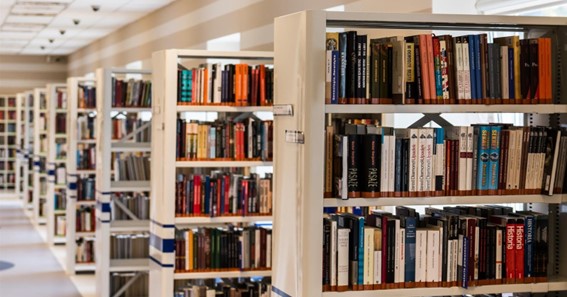Evolution is a fact of life. We need to keep moving forward, or else we stagnate as people and society. However, evolution can be difficult to digest because not everyone is open to change, and adjusting to new things can be problematic.
Hence the reason why change should be slow and gradual is that it won’t force people to adapt. Two areas of society that saw perhaps the most profound evolution are the medical and education sectors. The latter is what we’ll be talking about today.
We’ll also discuss how education evolved and compare modern society to what it used to be. So for educationists looking to make a place for themselves in the industry, let’s get started.
click here – Why Should You Invest Early?
The age of philosophy and metaphysics
Though we can trace education back even further, this would be a good starting point for this article. The age of metaphysics stands out as one of the most prominent times for education.
We still actively read about authors from the Socrates, Aristotle, and Plato eras. These authors have also indirectly laid the groundwork for modern education. For example, we can trace psychology back to Aristotle, medicine to Hippocrates, and economics to Socrates.
These authors spoke about the world in abstract terms and perhaps never thought that we would see education governed by technology as we do in the modern age.
Nowadays, through remote learning facilities, pursuing anything from an MSE in Curriculum & Instruction online to a fully remote law degree is effortless – talk about education within a few clicks.
Back then, ancient philosophers saw abstract thinking as the greatest form of education and took pride in how deeply they thought about mundane things. It would be safe to assume we wouldn’t be where we are without these writers.
Religion
Religious education was an essential part of society. When the three Abrahamic religions promoted learning through the Holy Books, the learned ones were considered scholars.
After the 6th century A.D and the rise of Islam, thousands of people educated themselves in the Torah, Bible, and the Holy Quran, respectively.
Not only were they seen as educated scholars, but they were also revered for their religious knowledge and thought to be superior to the average man.
click here – Sobha Manhattan Towers Review
Renaissance
The renaissance period saw diversity like no other. The Rebirth of art and culture changed society as we know it and gave rise to new aspects of education that we never thought of before.
Literature was promoted like never before, and a learned individual was now someone who read the most books and poems and could conduct a conversation on them.
Moreover, artists were given newfound respect in society. These individuals who were once disliked were given the respect they deserved and held in high esteem throughout the lands.
Moreover, with art came the rise of physics and the medical sciences. The involvement of anatomy and mathematics in art made room for science to flourish in the coming few centuries.
One can argue that art made way for science, though many historians would say against it; the renaissance certainly made it more popular in the next few centuries.
The age of science
This is somewhat of a tricky period to tackle. Science has been developing for millennia, so it would be hard to trace it back to a particular time.
However, one can argue that physics and biology became considerably more prevalent in society after the renaissance.
Moreover, as time progressed and technology came into existence, we saw science make leaps and bounds in its development.
Towards the 19th century, medicine evolved. Moreover, the popularity of physics rose after the development of the combustion engine, creating trains and carts for mobility, leading to the industrial revolution.
Post-modernity
Now we come to the age we’re in, where technology plays a significant role and education is as diverse as it’s ever been. You can receive your doctorate in art, medicine, psychology, economics, and so much more while sitting at home.
All these careers are equally revered in society, and all have a specific function in the community as we know it.
Diversity is critical in the postmodern world, and there’s no particular right or wrong as far as educative options are concerned. Everyone is free to choose any career they want, and most of them are successful.
Evolution has grown over centuries to a point where we can choose whichever career we want. No longer are we restricted by the options that were popular before.
Freedom of choice has given people the ability to take charge of their lives and do what they want with it.
Conclusion
There we have it; education over the ages. We have traced history from the ancient metaphysicians to the modern college options we see around us.
We stand in awe at how far we’ve come as a species. It is strange to think that there is more to come.
Perhaps that’s the thing about human beings, they never stop, and that’s what puts them on top of the food chain.

